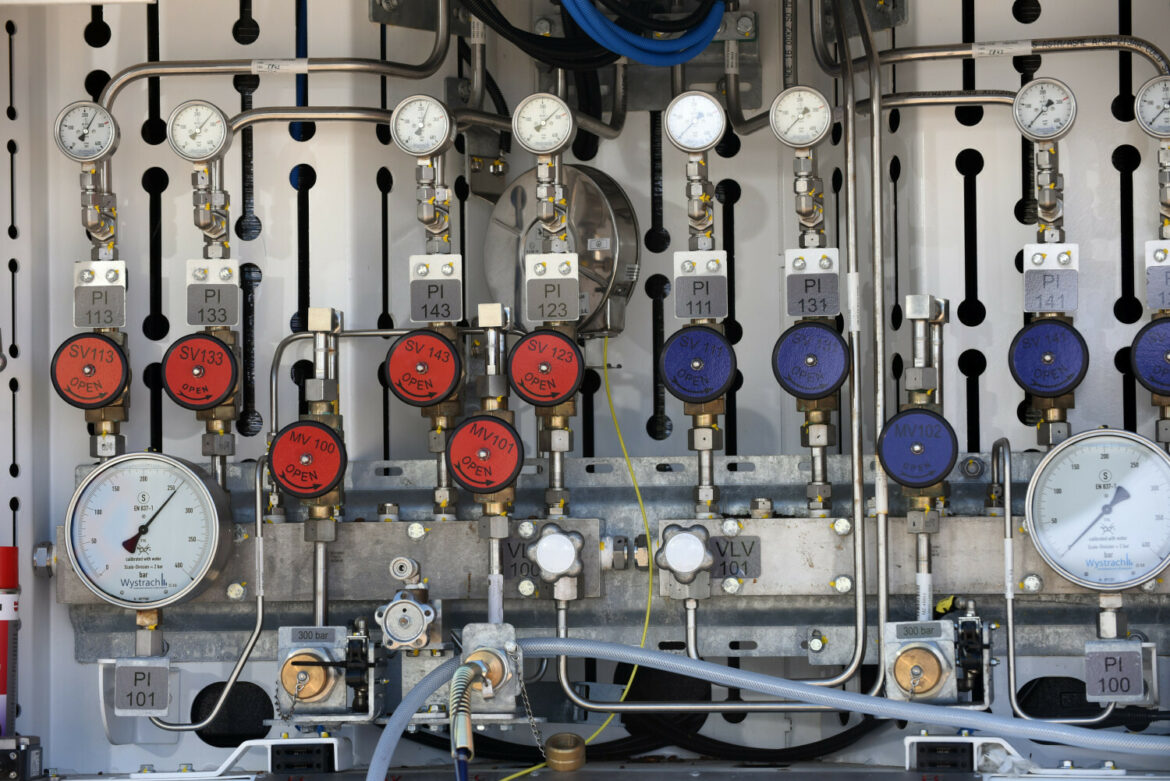An international consortium of universities, scientific institutes and companies, with the participation of the Wrocław University of Science and Technology, will begin work on unique hydrogen storage and transport tanks. They will not only be large and suitable for a wide range of applications, but will also be made of materials that enable so-called self-repair.
As part of the ECOHYDRO project (Economic Manufacturing Process of Recyclable Composite Materials for Durable Hydrogen Storage), high-pressure and cryogenic tanks will be created for a variety of applications – from transporting hydrogen, to powering road, rail and water vehicles and surface energy storage, to aviation.
Hydrogen is the next step in the development of propulsion in the aviation industry, with a number of companies working on the application of hydrogen technology, and French aerospace giant Airbus, one of the consortiums in the project, has announced that it will begin production of the first hydrogen-powered aircraft no later than 2035.
“Aviation is an absolutely new sector in the context of hydrogen. We already have quite advanced solutions for car transport, rail or water transport, but for the aviation sector they are only just emerging. And they involve completely different requirements regarding the safety of hydrogen storage, its permeability or monitoring systems. This is why our project has such a large budget, because it means a much larger range of tasks than if we were dealing with hydrogen storage tanks for ‘proven’ solutions already in place”, says Prof Jerzy Kaleta of the project team at the Wrocław University of Science and Technology.
The project is possible thanks to funding from the prestigious Horizon Europe programme. The EU grant is EUR 10 million, but the total amount of the project will be much higher, because the companies belonging to the consortium will also contribute financially. The group is made up of 15 companies, universities and research institutions from France, Belgium, Luxembourg, Italy, Poland, the UK and Turkey.
Arkadiusz Słomczyński





